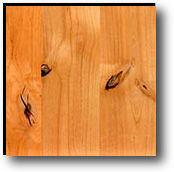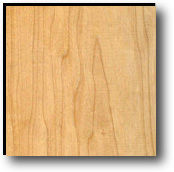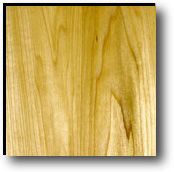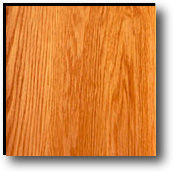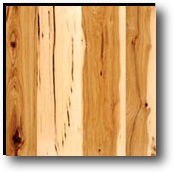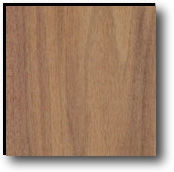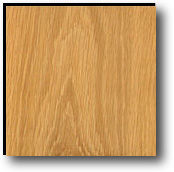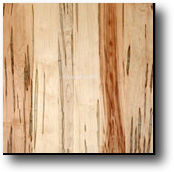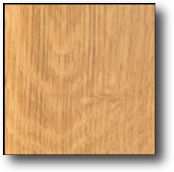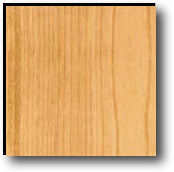
Alder
Alder wood is straight grained and even textured. Pale yellow to reddish brown with indistinct boundary between heartwood and softwood. Alder is an excellent choice for staining, as it will take a clear coat, or a light to dark stain very well. Has also been used quite commonly to mimic the look of cherry if stained and finished properly. Since alder is a straight smooth grain wood it also takes painted finishes very well.
Recommended Finishes:
• Clear Coat
• Stain & Clear Coat
• Painted
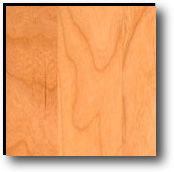
Cherry
Cherry wood is a relatively hard hardwood with great wear resistance. Cherry is generally straight grained with a fairly uniform texture and a rich luster. Light to dark reddish brown heartwood and narrow, nearly white sapwood. Cherry takes stain very well and is regarded as one of the most highly prized cabinet woods in North America.
Recommended Finishes:
• Clear Coat
• Stain & Clear Coat
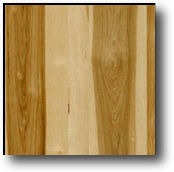
Hickory
Hickory is a very hard hardwood with tight, generally straight grain with a coarse texture. Pale to reddish brown heartwood and whitish sapwood. Hickory can be stained and finishes well, but do to its rather coarse grain patterns it is not recommended for painting as this coarse grain will show under some painted finishes.
